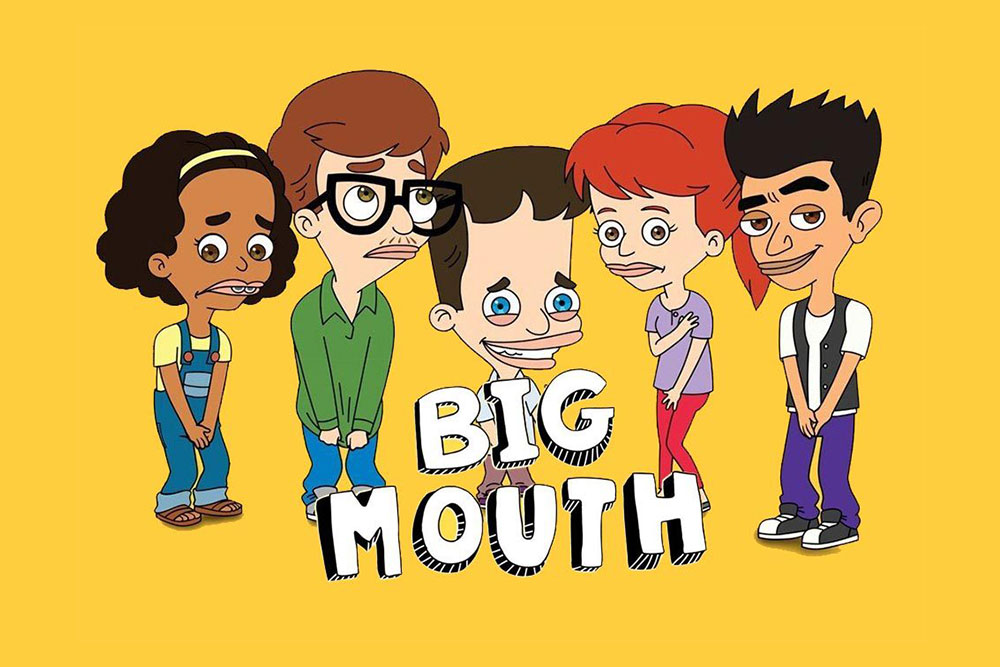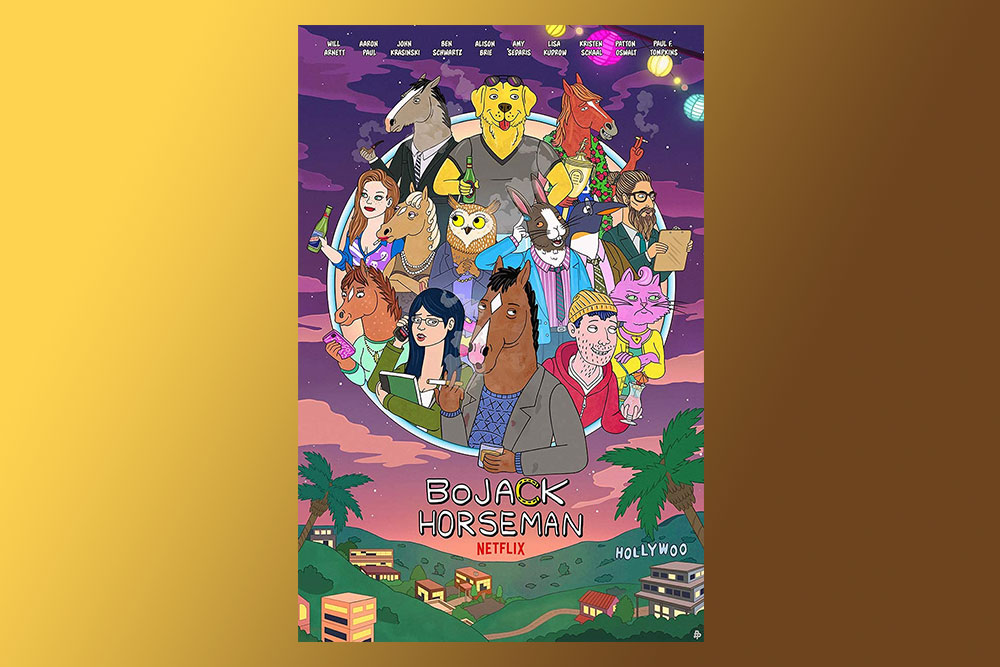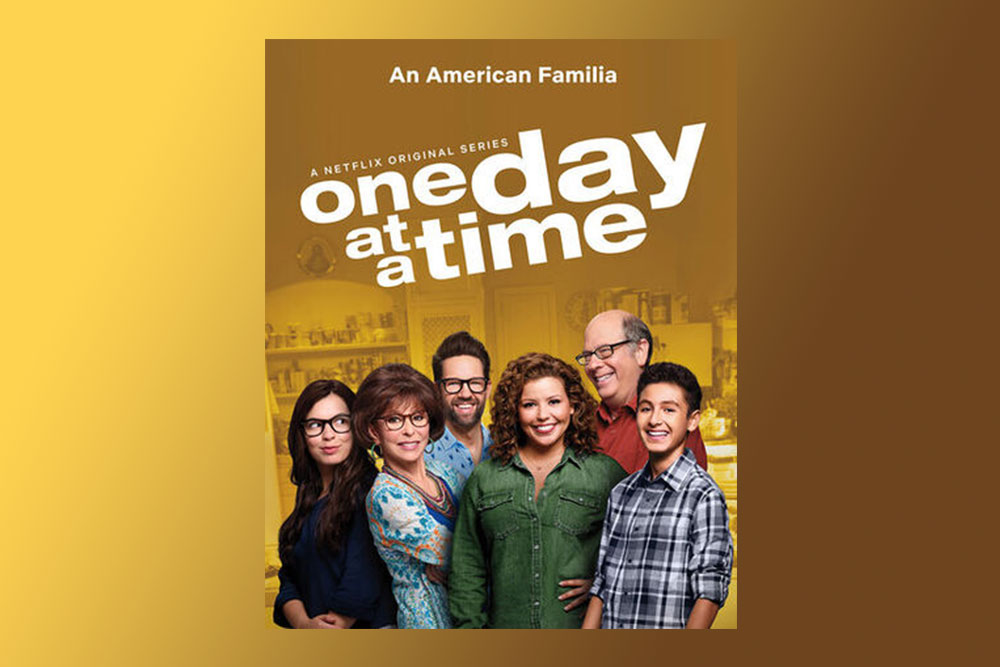Do you recall your favourite TV shows from the 1990s and 2000s? It was unusual to see your favourite characters receiving professional help for their mental health issues at the time. They handled their troubles over cocktails (or coffee) with pals, whether it was sorrow or job loss – which is nice, but we all know it doesn't always work in real life. Some well-known figures have explicitly discounted the value of therapy.
However, several shows have recently dabbled with the subject, offering sensitive and varied perspectives on mental health. These shows are educational and help to normalise psychiatric problems by examining them through the perspective of empathy. And with humour as a theme, they’ve still managed to put their point across. Here are five comedy sitcoms that portray mental illness.

1. Unbreakable Kimmy Schmidt, Netflix
Kimmy is unbreakable, as she is freed from a 'reverend' who kidnapped her when she was a teenager and kept her in an underground bunker with several other women for years. She missed out on her formative years, so when Kimmy is rescued, she doesn't fit in well with the rest of the world. Her tenacious spirit, however, is unaffected, and she sets out to realise all of her ambitions. Kimmy adjusts to her newfound independence, seeing that most of what the 'reverend' told her was false. We see Kimmy's experience with trauma and PTSD via a comedic lens, yet the show succeeds in making the point it sets out to make.

2. Crazy Ex-Girlfriend, Netflix
You would not expect a musical comedy to take mental health seriously, but you'd be mistaken. This TV drama deftly and compassionately addresses the topic of mental health, which is a tough one at that. It follows Rebecca Bunch, a lawyer, as she switches cities on the spur of the moment to be with her crush, whom she met at summer camp. She is diagnosed with borderline personality disorder in the third season. The show portrays an illness that is stigmatised even by mental health professionals, and it has received widespread praise for its representation.

3. Big Mouth, Netflix
This animated series follows a group of high school students as they go through puberty and perfectly depicts how awkward, confusing, and even terrifying adolescence can be—all while injecting a healthy dose of humour into the mix. Each character is pursued by 'Hormone Monsters,' who influence their decisions, some of which have disastrous consequences. The second season continues with the story of depression. Jessi's hormone monster is replaced by Kitty from The Depression Department, who makes her perform things that people do when they are depressed. She follows Jessi around everywhere she goes, luring her away from her friends and convincing her to sleep the entire day away. While the show's writers successfully disentangle a variety of difficult issues with comedy, including abuse, sexuality, toxic masculinity, and even the #MeToo movement, their take on depression is particularly relevant. The show's creators have successfully expressed what despair feels like by giving it a physical form and personality and allowing the audience to 'see' what depression looks like.

4. BoJack Horseman, Netflix
This show calls itself a ‘tragicomedy’, and is indeed so. Using humour as a base for their storyline, it follows a talking horse, BoJack Horseman, who is a famous figure in Hollywood. This show deals with a variety of issues that plague the film industry, such as drugs, scandals, and mental health issues. Many fans have praised BoJack Horseman for depicting its main character's fight with depression in such a realistic way. The show explores depression from BoJack's point of view, which is sometimes self-destructive, brutal, and difficult to watch. And while the show does have its moments of laughter, it does a good job of driving the point of mental health issues home.

5. One Day At A Time, Netflix
A dramedy (drama + comedy) series, it is focused on a Cuban refugee family, who moved to the US. The protagonist, a single mother, who is a retired army veteran and now a nurse, is shown to juggle her family, professional and personal life. The show highlights many important issues that are faced by immigrant families, such as a racism, apart from showcasing other topics such as queer relationships, and mental health issues. In an episode, we are shown how Penelope, the protagonist, goes off her medications for Post-Traumatic Stress Disorder (PTSD) and stops going to therapy, and how it takes a toll on her overall well-being. Viewers were quick to notice and applaud the way the makers approached such a topic, and got the message of the importance of therapy and medication across to the audience.